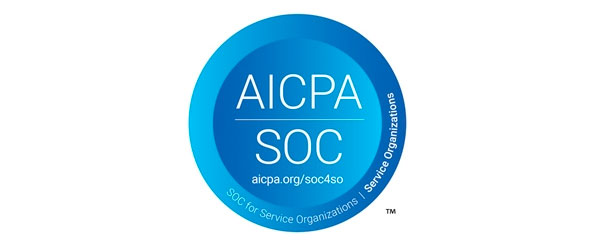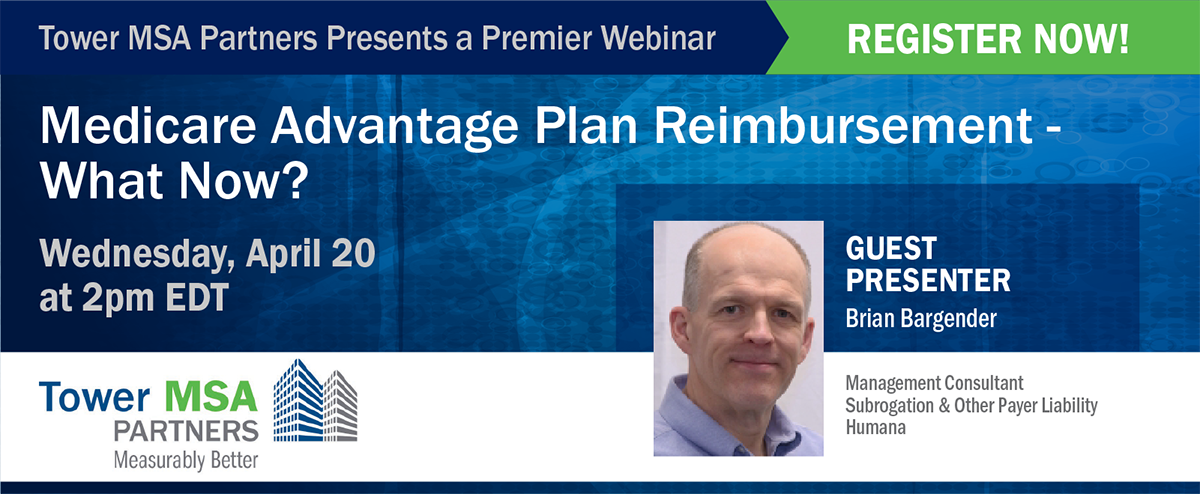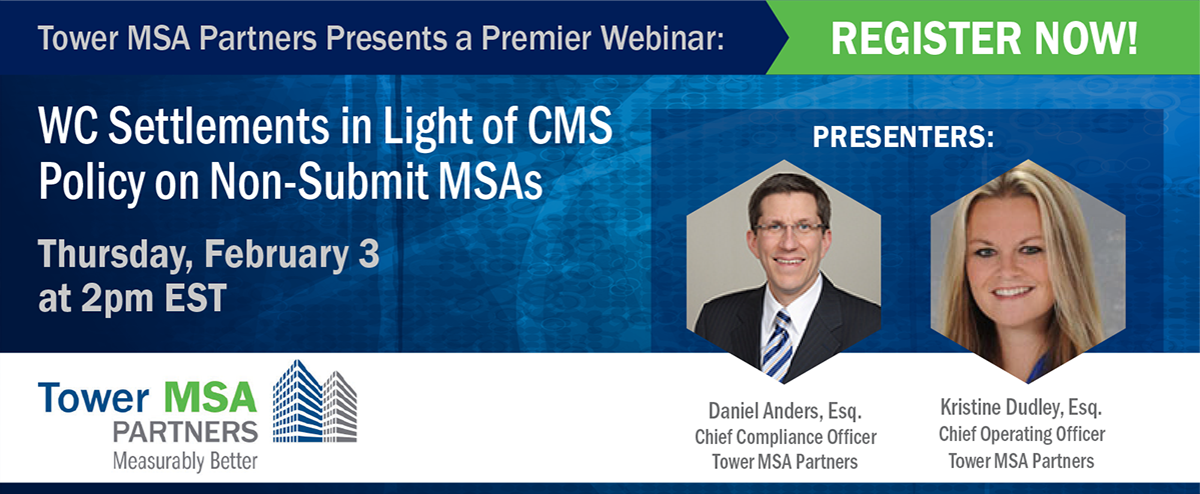The Centers for Medicare and Medicaid Services (CMS) has released Version 6.6 of its Section 111 NGHP User Guide. Below is a summary of the notable updates and practical implications.
Funding Delayed Beyond TPOC Start Date Field
Last month we discussed an 11/03/2021 Alert from CMS on the use of Field 82 Funding Delayed Beyond TPOC Start Date. Field 82, per the Section 111 User Guide, is to be used in specific circumstances where the amount the claimant Medicare beneficiary is to be paid is not known at the time the settlement occurs. Per CMS, this happens most often in mass tort settlements.
As we previously related, the CMS Alert is confusing when it refers to the date settlement funds are “dispersed.” CMS seems to assume that the date inserted into Field 82 is not only the date that the settlement amount is determined but is the same date the funds are dispersed. However, these dates may be weeks or months apart. Our recommendation was to place the date settlement funds are dispersed in Field 82.
In its update to the User Guide, CMS now acknowledges this as the correct use of Field 82. Specifically, CMS states (Chapter III: Policy Guidance):
6.5.1.2 Timeliness of Reporting
NGHP TPOC settlements, judgments, awards, or other payments are reportable once the following criteria are met:
- The alleged injured/harmed individual to or on whose behalf payment will be made has been
identified.
- The TPOC amount (the amount of the settlement, judgement, award, or other payment) for
that individual has been determined.
- The RRE knows when the TPOC will be funded or disbursed to the individual or their
representative(s)
RREs should retain documentation establishing when these criteria were or will be met. RREs
should not report the TPOC until the RRE establishes when the TPOC will be funded or
disbursed. In some situations, funding or disbursement of the TPOC may not occur until well
after the TPOC Date. RREs may submit the date the TPOC will be funded or disbursed in the
corresponding Funding Delayed Beyond TPOC Start Date field when they report the TPOC Date
and TPOC Amount, but must do so if the TPOC Date and date of the funding of the TPOC are
30 days or more apart.
Timeliness of MMSEA Section 111 reporting for a particular Medicare beneficiary will be based
upon the latter of the TPOC Date and the Funding Delayed Beyond TPOC Start Date.
Example:
There is a settlement involving an allegedly defective drug where a large settlement is to be
disbursed among many claimants.
The settlement provides a process for subsequently determining who will be paid and how much.
Consequently, there will be payment to or on behalf of a particular individual, but the specific amount of the settlement, judgment, award, or other payment to or on behalf of that individual is not known as of the TPOC Date. RREs are to submit the date of the settlement in the TPOC Date field and the amount of the settlement in the TPOC Amount field.
In this example, the determination of the TPOC Amount, as well as the funding or disbursement of the TPOC, will be delayed after the TPOC Date. Once the TPOC Amount and the date when the TPOC will be funded or disbursed are determined, the RRE should submit the record with the appropriate date in the corresponding Funding Delayed Beyond TPOC Start Date field.
Practical Implications
What CMS is getting at here is they want to know when the claimant receives the settlement funds so they can correctly time their recovery efforts. For Responsible Reporting Entities (RREs) this means if payment will be delayed more than 30 days post the TPOC date, then they must hold off on Section 111 reporting until the date the settlement funds will be disbursed has been identified.
We note that while CMS expects the above rule to apply to mass tort settlements, there are certainly cases, both liability and workers’ compensation, where funding may be delayed more than 30 days beyond the TPOC date. Thus, we believe the effect of this update on the “Timeliness of Reporting” rule will likely be much wider.
In terms of making this simpler for those entering the TPOC information, if the disbursement of settlement funds commonly occurs more than 30 days post-TPOC date, it may be easiest to always enter a date in the corresponding Funding Delayed Beyond TPOC Start Date field along with the TPOC Date and TPOC Amount, whether less than or more than 30 days from the TPOC date.
Updates to No-Fault Policy Limit
Also last month we discussed another CMS Alert reminding RREs where, depending upon state law or the terms of a given policy, the no-fault policy limit may vary. The Alert reminded RREs to update to the new policy limit as quickly as possible, including the use of an “off-cycle” report (A report made in addition to the required quarterly reporting). In our analysis of this Alert, we expressed concern as to whether such “off-cycle” reporting is mandatory or recommended. In other words, if mandatory and not done, that it would be considered non-compliance and potentially subject the RRE to penalties.
The updated User Guide CMS states as follows (Chapter III: Policy Guidance, Section 6.5.1.3):
Note: In some states, depending on various factors associated with the incident being reported, no-fault policy limits may vary. The reported Policy Limit should reflect the amount the RRE has accepted responsibility for at the time the record is submitted or updated. Just as importantly, if the Section 111 record needs to be corrected to reflect a new Policy Limit, the RRE should update the record as soon as possible.
Practical Implications
While CMS states the RRE should update the record as soon as possible, there is no reference to “off-cycle” reporting. We assume that while “off-cycle” reporting is preferred, that proper compliance will be determined based upon the quarterly report which includes the updated no-fault policy limit.
$750 Threshold Maintained for Section 111 Reporting and Medicare Conditional Payment Recovery
In a December 15, 2021, Alert CMS announced the 2022 recovery threshold for liability, no-fault and workers’ compensation settlements will remain at $750. Accordingly, Total Payment Obligations to the Claimant, TPOCs, in the amount of $750 or less are not required to be reported to CMS through the Section 111 Mandatory Reporting process, nor will CMS attempt to recover conditional payments for TPOCs of this amount (The threshold does not apply to liability settlements for alleged ingestion, implantation or exposure cases).
Practical Implications
As CMS is keeping the $750 threshold for mandatory reporting and conditional payment recovery there are no changes to the reporting processes or determinations as to when conditional payments should be investigated or resolved.
If you have any questions regarding these updates, please contact Dan Anders at daniel.anders@towermsa.com or 888.331.4941.










